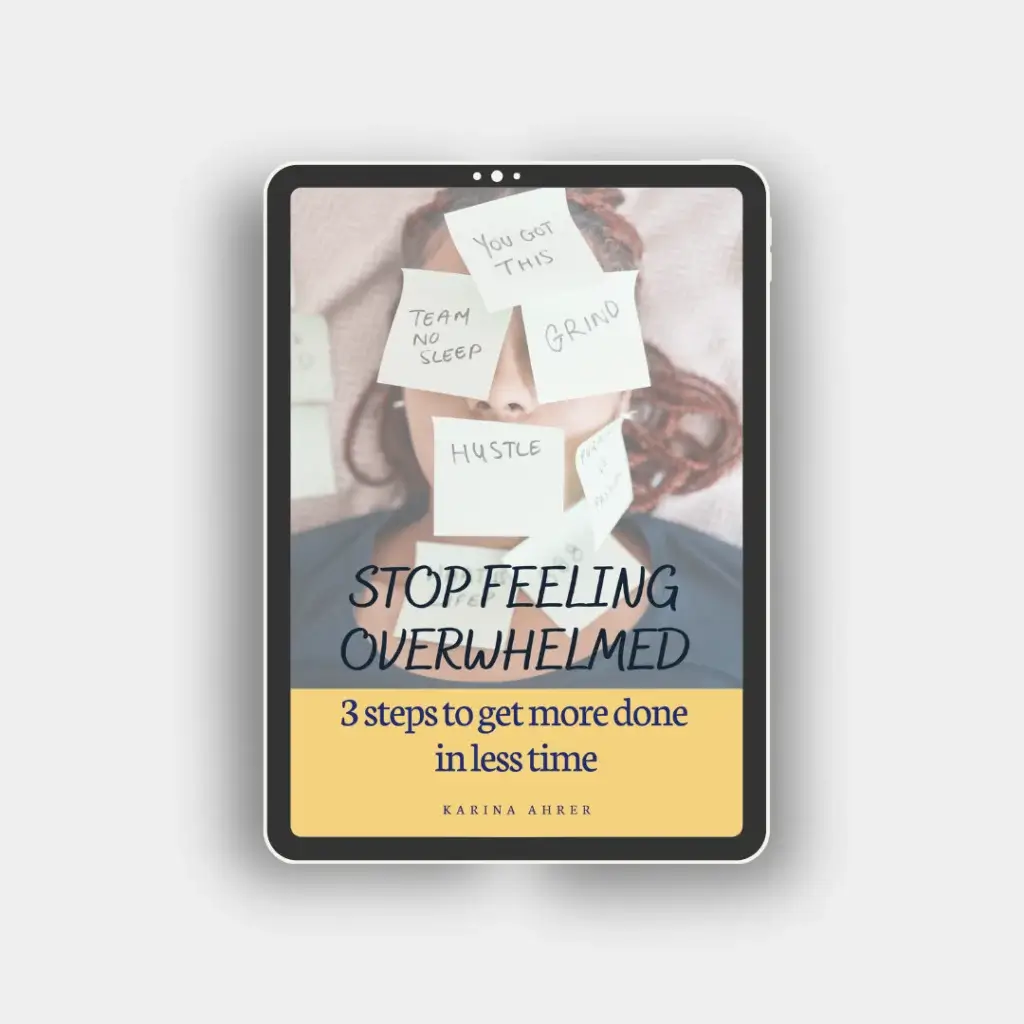In German we have this saying: “Fragen kostet nichts” which means that questions don’t cost anything.
Why is asking questions so important?
Because we all see the world differently. If you listen to a podcast, you hear the same as me, but we also hear it differently based on our experiences and current situation. Every one of us is an individual, there is no one like you or me.
No one.
Not even identical twins are the same. Every person grew up differently and has different memories and different experiences, and all of them combined make us special.
“To effectively communicate, we must realize that we are all different in the way we perceive the world and use this understanding as a guide to our communication with others.” — Tony Robbins
Communication Is Key
This is a sentence I tell my team at every meeting. Why? Because communication and which includes asking questions is the key to a good team, good work, and good results. There are fewer misunderstandings and fewer problems happening at the end.
You cannot read minds. Other people cannot read minds. So don’t expect them to. Clearly communicate what you want, what you need, and what you are doing right now. That’s important at work, in teams, in families, and in relationships.
At work, you communicate what you are doing right now and what you will do afterward.
To your partner, you communicate what you want and what you need. And of course that you love him/her.
To your team you communicate the outcome you expect, and what the end result will look like.
Communication and Asking Questions Prevents A Lot Of Last Minute Problems
I always communicate to my team what I’m doing right now.
When I delegate something I communicate what the result should be, the deadline and where the resources are. My team can always ask me questions and I expect that from them instead of doing unnecessary stuff or wasting time.
If you and your team are not communicating, big problems can happen and those will only come up at the end result or as soon as you talk to each other.
Possible problems could be that two people are doing the same thing, or one is doing something which prevents the other to finish their job.
If you are confused about why some person is doing something, then ask instead of accusing him/her or calling him dumb.
Usually, there is a reason that the person is doing something, most of the time it’s not because he/she is intentionally mean. Most of the time it’s because the person doesn’t know any better.
“The ability to ask questions is the greatest resource in learning the truth.”
— Carl Jung
Asking Questions Can Save Marriages
A lot of marriages, relationships, and cooperations end because of a lack of communication and asking questions. Why? Because as I wrote before we cannot read minds, and people experience situations differently.
The one question that can save your relationship:
What do you mean?
Every person communicates differently and people listen to your words, but they interpret it based on their experiences and their past.
The meaning behind words and the tone of the voice is very important, and not all people understand that.
An example:
Your partner says to you: Could you please wash the dishes?
Every person will interpret it differently based on their experiences with this particular person, and also based on their mood at the moment.
If he cooked for you, and then usually the other person is cleaning up, then it’s not offending at all. The answer probably will be: “Of course, thanks for cooking!”
If you already cooked the meal and your partner was just eating and now playing video games again, and you don’t get a thank you, then you will be offended. The answer probably will be: “Why are you not cleaning up? I already cooked.”
Instead of getting offended or giving a negative answer, you can ask “What do you mean by that?” The person notices that something is not okay. You could get an answer like “Well I already cooked and cleaned yesterday, so I thought you would do the same too.”
Words and communication get interpreted by the person receiving them. Think about that next time you want to communicate something serious to someone. What might the other person think of what I’m saying?
Thanks for reading!
If you want to continue reading check out my Medium profile here and support me and the writers by becoming a member.
You are interested to read more about minimalism, personal development, and time management? Subscribe to my newsletter and stay tuned for a soon-to-be-released book with tips.





